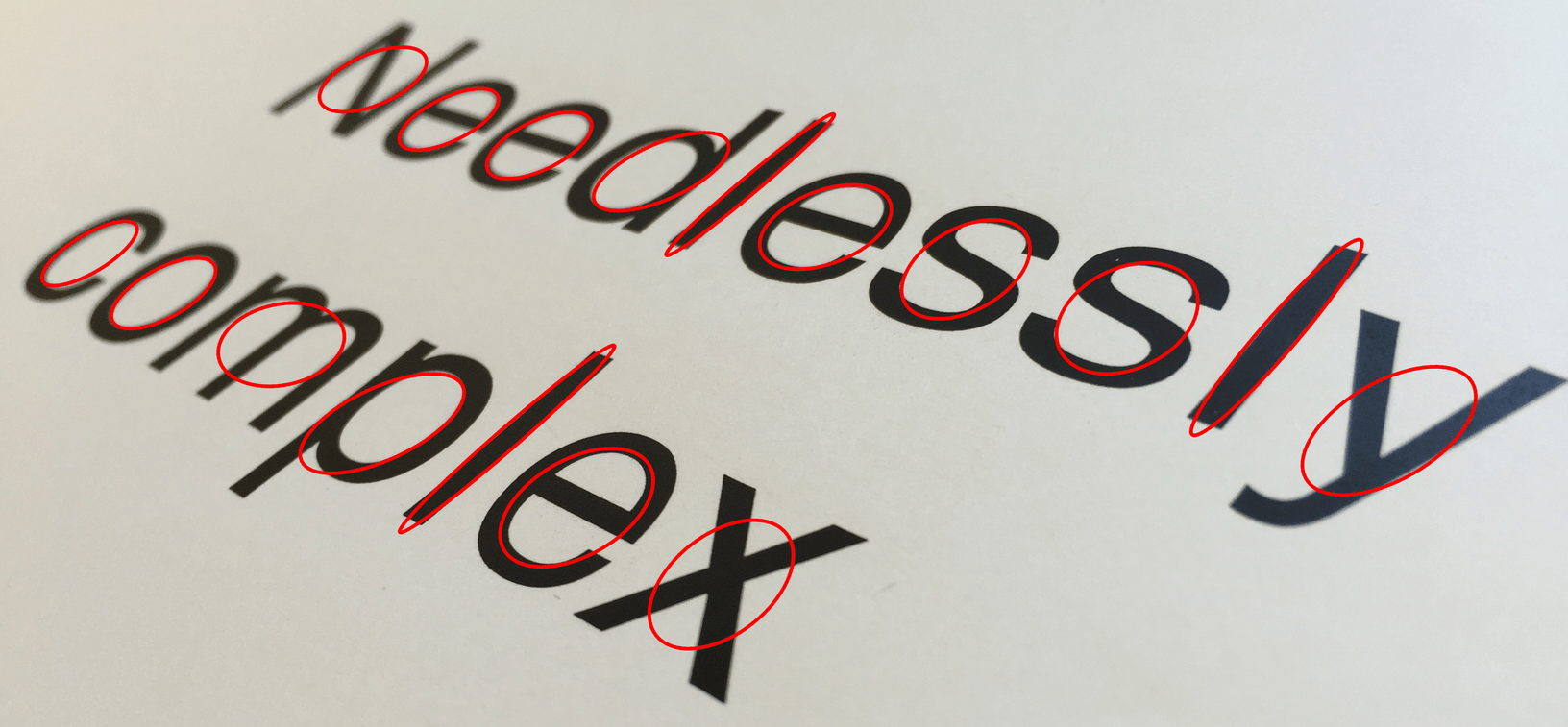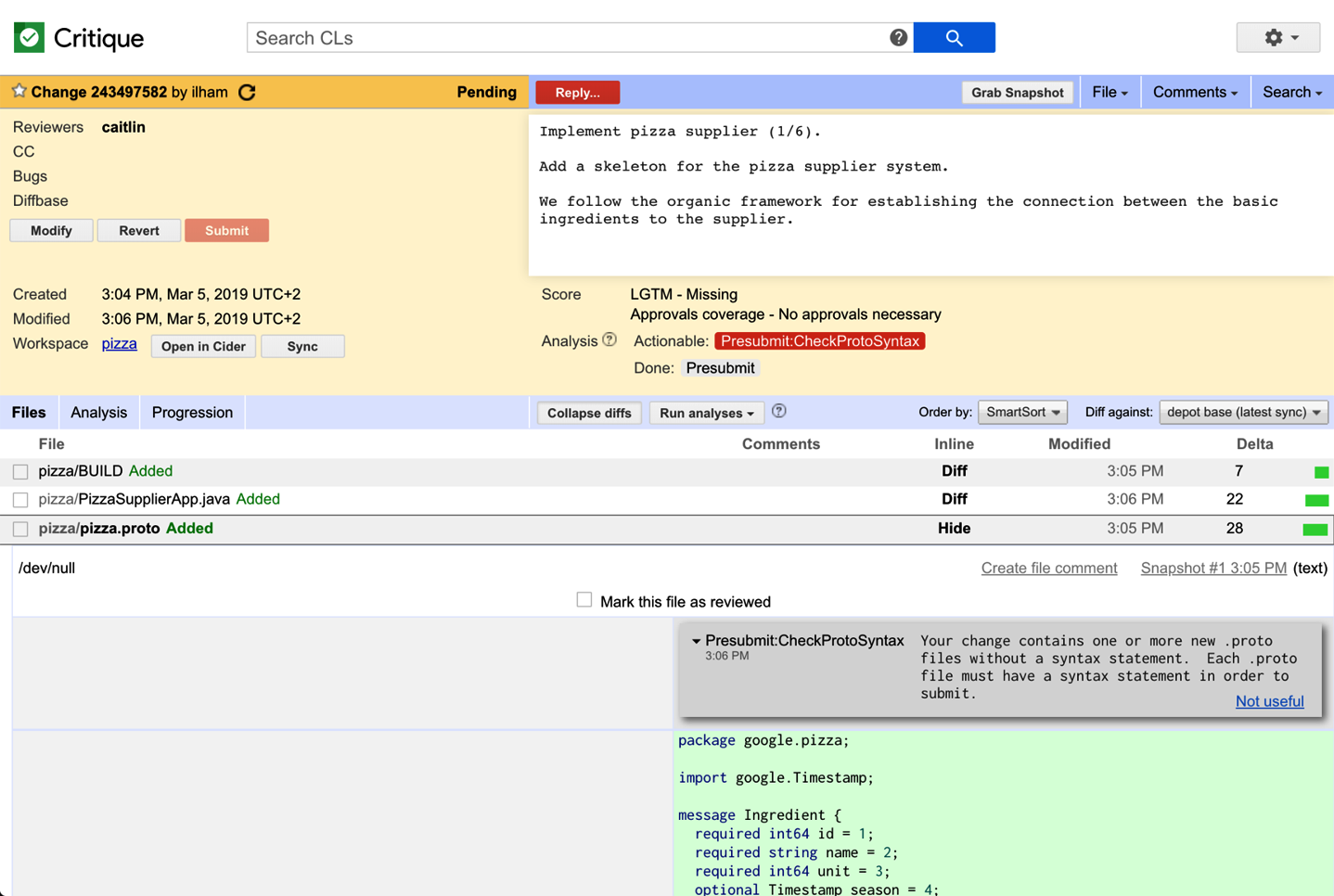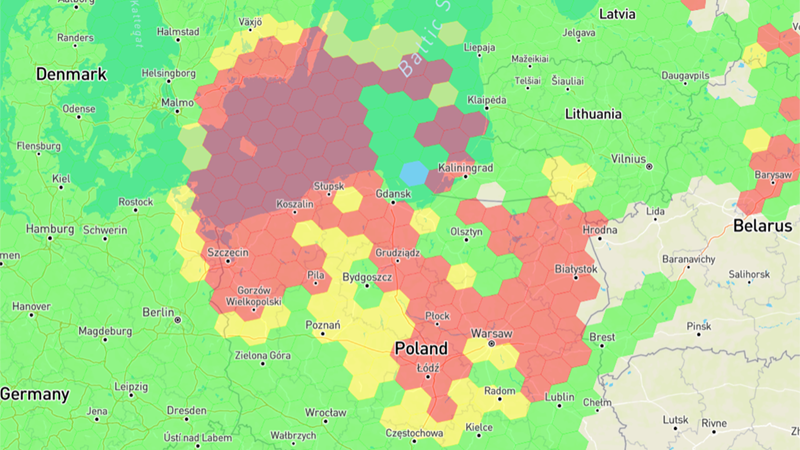
An Archive at the End of the World
At the end of the world, there will be an archive. All signs point to this. Long after we are gone, our data will be what remains of us. Perhaps my own legacy will be realized through whatever insights advertisers can wring out of my Tesco loyalty card and phone-derived GPS data. Beyond these more mundane innovations in data storage and archiving is the newer concern of generative Artificial Intelligence. This archive, then, is not merely the metadata corporations like to collect from us the moment we so much as breathe, but also constitutes millions of hours of creative work scraped off the internet to train AI.
Generative Artificial Intelligence itself functions like a massive repository, scraping the whole of the net as training material before it spits our own reflection back at us, perhaps in a half-distorted form. This is history at its most surreal, a vision of the world where forks have seven tines and women smile back with teeth that are just sharp enough to rouse your suspicion. If history is written by the victors, the vast archival work required to sustain Generative AI is itself an assertion of power by the capitalist class.
Understanding Generative AI as an archive might feel counterintuitive, given how future-facing the whole industry is. We are told by the likes of Elon Musk that AI is the bleeding edge of tomorrow, that it is the key to unlocking a new era of prosperity. The framing of AI as the “fourth industrial revolution” reinforces these changes not only as innovations but also as inevitable shifts in how we live. To object to AI is to possess the same sort of uneducated confidence as the original Luddites; it's to be left behind in the face of the inevitable.

















